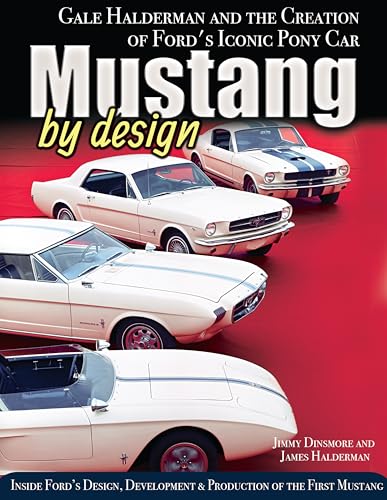It could be a collapsed line, but as they seams to be not that old and from a respectable brand. I would first remove the pads and check them. if corrosion has found its way on each side of them, they no longer move smoothly and do not return to the expected "floating" position. Also, what caused a similar issue on my 73 was to have replaced my pads, from Rockauto and of well known brand (unfortunately I don't recall which one) and they were a bit too tight, so after just a coule of miles, they were expending and were stuck causing the wheels to get hot. The next day, cold, there was zero problem. Fix was to grind them just a tad. Of course some grease on the contact guide helps.
Another bad guy, other than rusted out callipers or collapsed flexible, is if you have changed the master cylinder or booster and did not adjust the little rod it may be too far engaged and keeps a little pressure to the master piston.
I would also if you do not drive the car often or have not for a while, inspect the calliper's piston and press it back to see if it travels smoothy/nicely.
Other than that. if the problem persist, and the pads/rotor have no obvious damage/grooves. I would disconnect the flexible calliper side. which should drip right away and with depressing the pedal you should see a normal flow. On braided lines you can not really see if the line expands under pressure as with regular lines when collapsed. You would certainly feel resistance at the pedal.
If you have the original brakes and do not drive it often and it was fine before, I could bet it's the pads not returning to their relax position due to corrosion/dirt. As usual only inspection will tell.
The proportioning valve would indeed affect both sides and if your electrics are in good shape, the idiot light should stay on on your dash.
EDIT: forgot to say that if you test you line. before disconnecting. jack the car, depress the pedal hard. Go feel the wheel by hand. then disconnect and if the line is collapsed, the calliper should relax and the wheel turn with much less drag.















































